A recent episode of The Jim Gaffigan Show on TV Land focused on the idea of divine calling. Jim struggled with what his calling might be. All he does is makes jokes about donuts, he laments. The question about our calling and purpose is a universal one. We find deep within ourselves a hunger to make a difference and contribute something of benefit to the world. Yet, we also find within ourselves resistance to what might indeed be our genuine calling.
In one scene Jim just finishes playing soccer with his parish priest, Fr Nicholas. He discovers that Fr Nicholas used to be a star footballer. He also went to the London School of Economics and was a fashion model. Jim seemed aghast that he would “throw away” a life of fame and success to be a Catholic priest.
[You can listen to the clip from the episode here]
Fr Nicholas said that when he realised he had a calling to serve he answered the call. This is by no means easy. Many priests and religious I’ve known were initially resistant to their own call, putting it off sometimes for years. And when one does make a Fr Nicholas move, giving up a career or potential family, it’s little-understood by some.
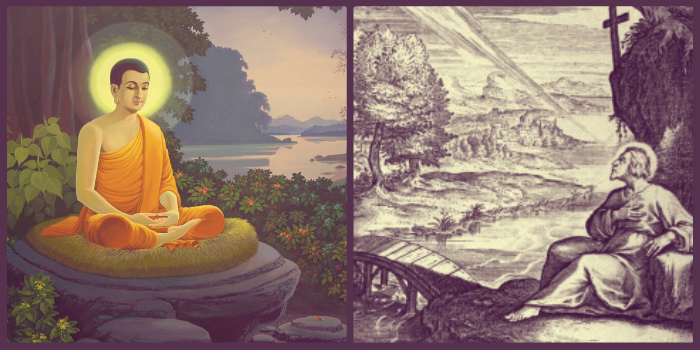 Many Respond
Many Respond
Throughout the world religions we see countless examples of religious figures giving up their lives for a radical calling. Jesus’ apostles left their careers and families to follow Christ. Saint Ignatius deserted his life of nobility and status for a life devoted to God. Siddhartha Gautama of Buddhism left the comfort of his palace to live a more ascetical life. The same was true for a major figure in Jainism. Guru Nanak of Sikhism rejected his past life for a journey of discovery. Over and over again these figures have answered some call that to others appear as absurd. Yet, they’ve inspired the faith of people around the world.
Fr Nicholas’ departure from a potential life of “worldly success” is not an uncommon story for many priests or religious – and even lay people. Ignatian spirituality spends a great deal of time on the topic of discernment because it’s our way of contributing to God’s project for the world. I imagine that when Ignatius was in bed recovering from his battle wound he realised he had only one life to live. He was in a privileged place to decide how he wanted to live that life: for superficial fame and status or to be a saint. We’re all called to be saints, that is, followers to Christ, using our gifts for the betterment of the world. We can only get there with the gift of detachment and indifference.
Indifference
Ignatian indifference is what Fr Nicolas and Ignatius and Gautama had: “Not wanting health rather than sickness, riches rather than poverty, honour rather than dishonour.” It’s this kind of detachment that can lead some away from a life of “worldliness” into what Henri Nouwen called “downward mobility”. It’s worth choosing, Nouwen says, because “it is the way to the Kingdom.” And I would argue it’s the way to best contribute to God’s project. We don’t all have to give up money or family in order to have a part in God’s project, but we should be indifferent to it, detached enough from it, free enough.
When Jim Gaffigan shows surprise at Fr Nicholas’ radical choice, he’s imagining that a life as a Manchester United footballer and model with a prestigious degree is a “better life” than one as a celibate parish priest. Still, time and time again we see these countless examples of people who have supposedly given up that “better life” yet find great joy. Fr Nicholas’ character exudes that great joy. He’s always got a smile, a kind word, and a love of doing things for others. Giving up his past dreams for a deeper calling might not have been easy, but for him, his detachment from it has given him great joy in his current vocation.
It’s a blessing to be truly free, in the Ignatian sense. I will always be imperfect in freedom. I’ll always cling, at one point or another, to the security of money or a job or accolades from someone. It seems human nature to clutch to riches, honour, and health because to our eyes it appears “better” than the alternative, better than the risk of giving it up for something deeper. Yet when we take that radical risk we might find ourselves helping more people, using our gifts more, and developing a more intimate relationship with Christ.
Related posts:
Listen to an audio version of this post…

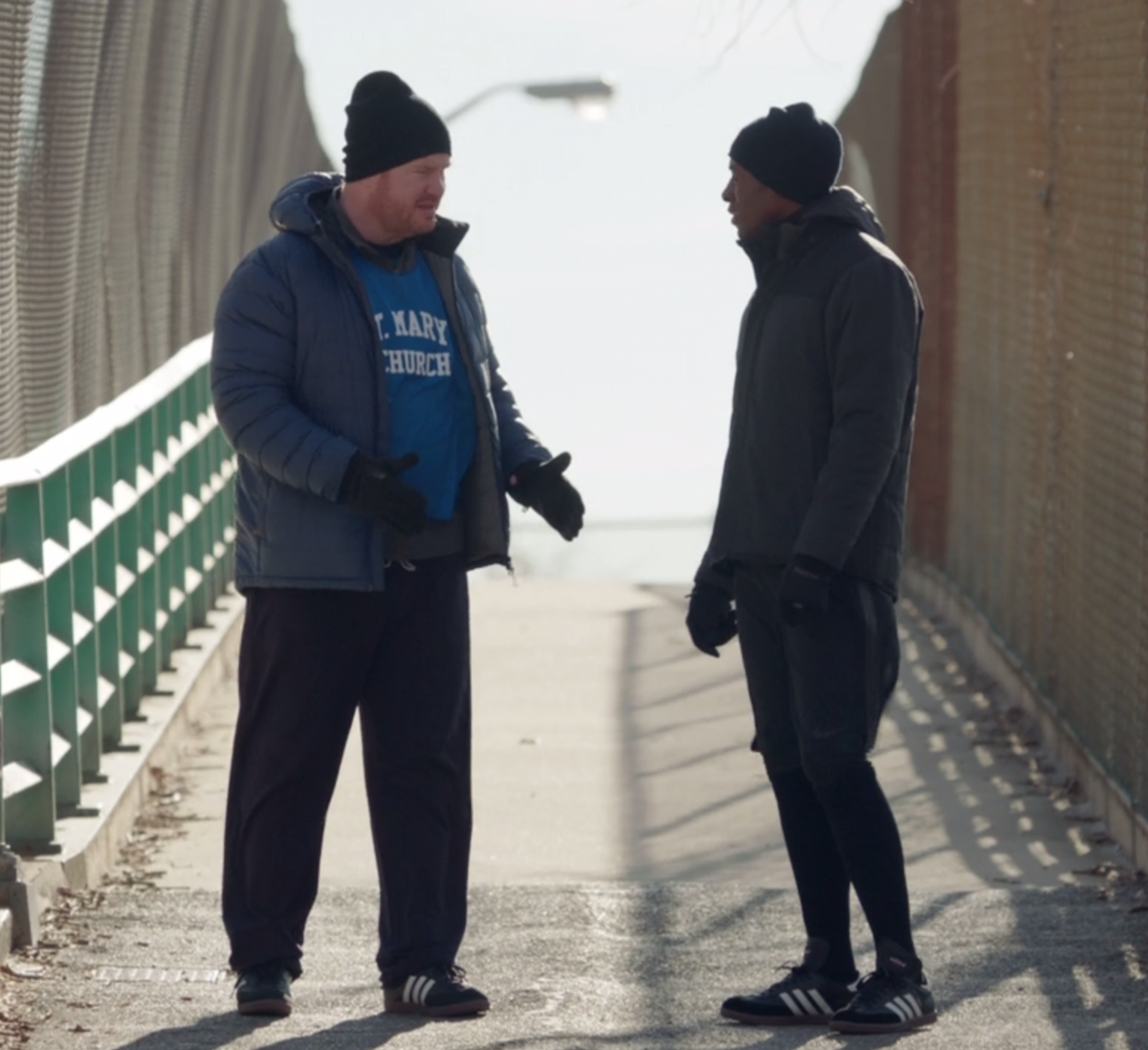

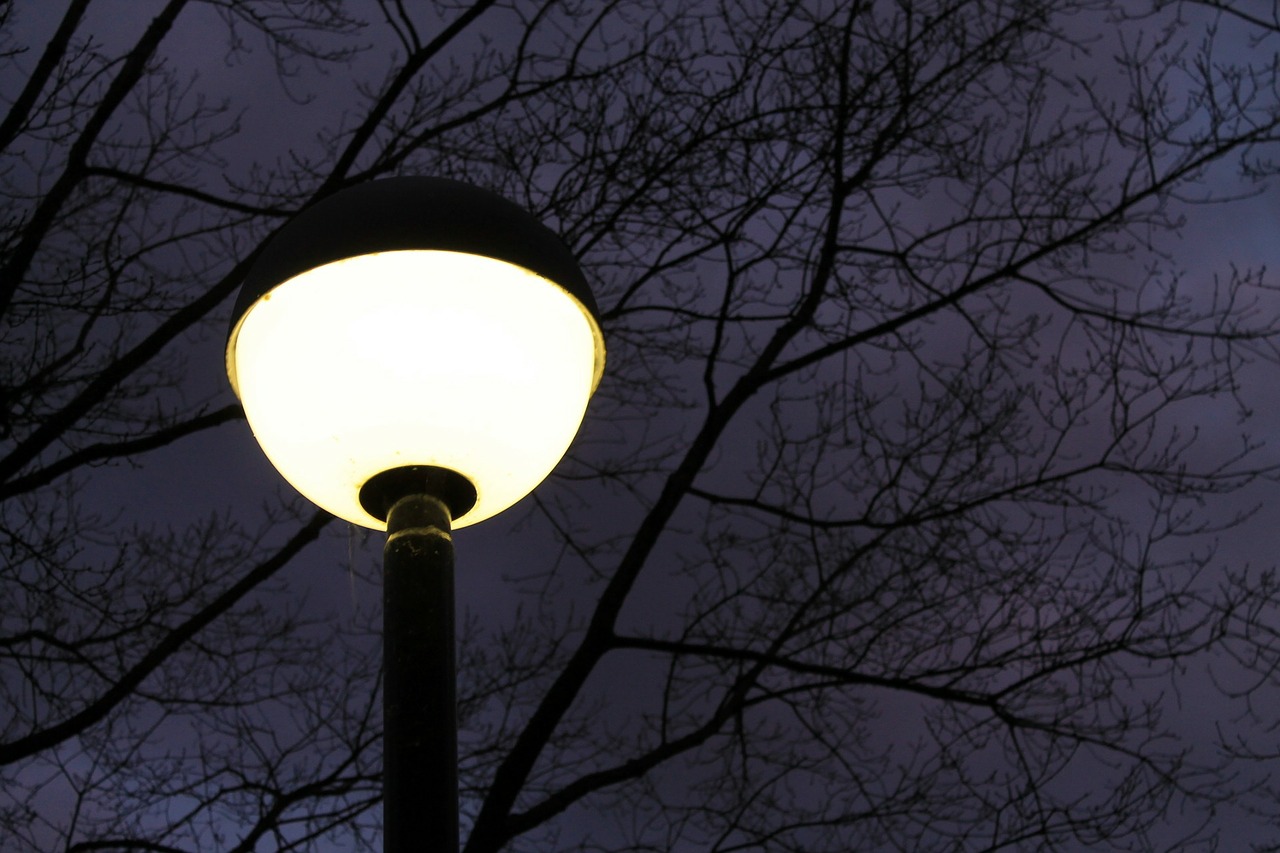
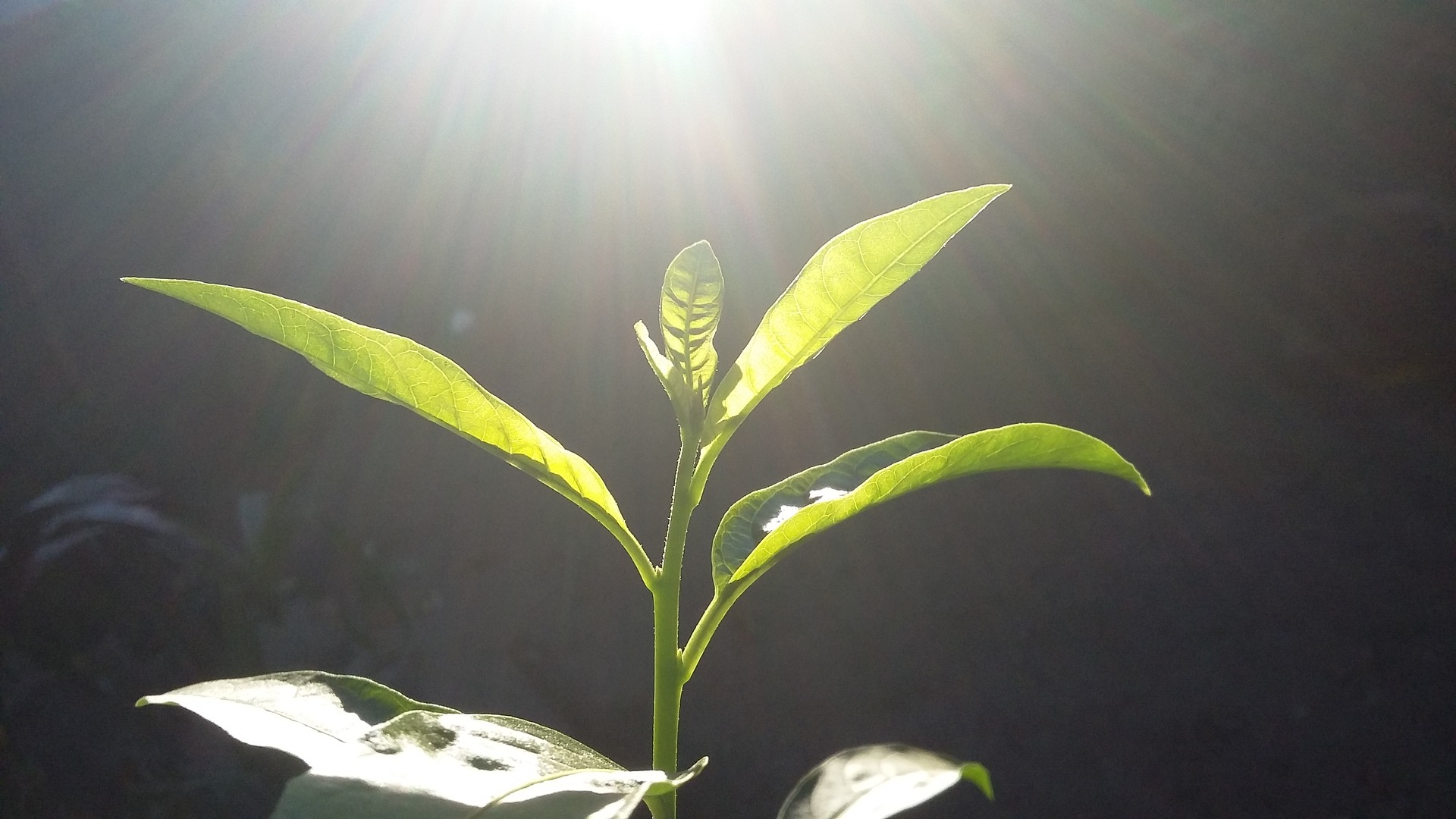
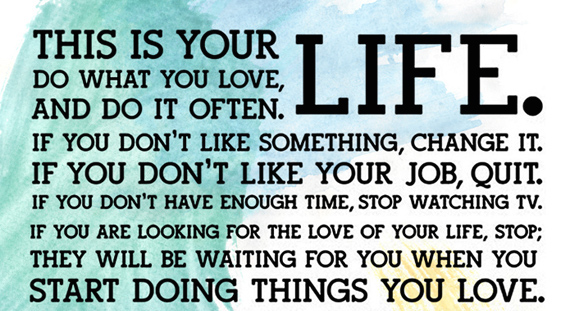
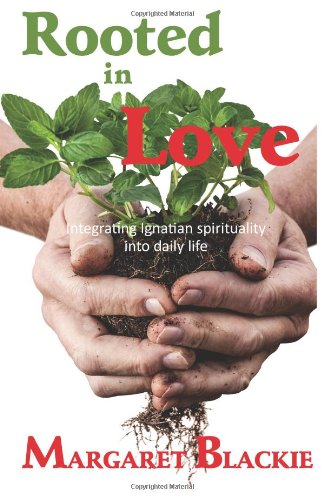

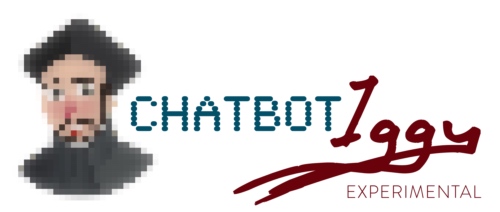
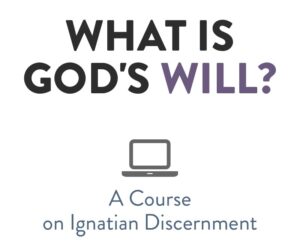
Smiling, Andy! Thanks!
Thought provoking and poignant as always. Your work ccontiues to enrich my life. Thank you so very much.
Amen. I had to give up my career to follow my calling and was reluctant to do so but, God gave me too much confirmation not to follow it. He is a relentless God.
Thank you! I needed your insights this morning to help me with a troubling issue. I will have more peace and freedom to live more fully if I let it go, or try to, practicing the indifference and detachment.